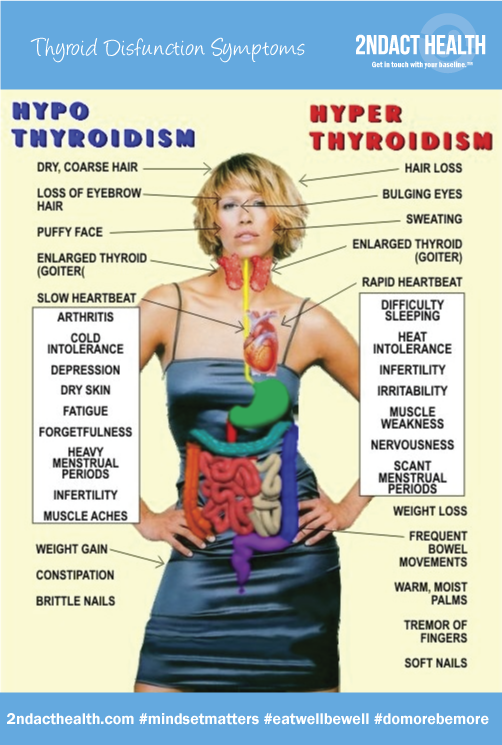Category Archives: Perimenopause
How Childhood Stresses Can Affect Perimenopause
 Medical studies support that experiences during infancy have the strongest and most persistent effect on adult regulation, stress responses, and behaviour. Research has demonstrated that high levels of early physical contact and maternal responsiveness can even decide certain genetic predispositions for more extreme stress reactions later in adult life.
Medical studies support that experiences during infancy have the strongest and most persistent effect on adult regulation, stress responses, and behaviour. Research has demonstrated that high levels of early physical contact and maternal responsiveness can even decide certain genetic predispositions for more extreme stress reactions later in adult life.
As well, studies suggest that childhood trauma is a major risk factor for mood and anxiety disorders as well as certain medical diseases, including heart disease and disorders such as chronic fatigue and pain syndromes. Once we become adults, these disorders often manifest or worsen with chronic life stresses. It appears that adverse experience during development induces vulnerability to the effects of stress later in life.
Enter the Adrenal Glands.
 The adrenal glands are the part of the body responsible for releasing three different classes of hormones. These hormones control many vital and necessary functions in the body, such as:
The adrenal glands are the part of the body responsible for releasing three different classes of hormones. These hormones control many vital and necessary functions in the body, such as:
• Maintaining metabolic processes, such as managing blood sugar levels and regulating inflammation
• Regulating the balance of salt and water
• Controlling the “fight or flight” response to stress
• Initiating and controlling sexual maturation during childhood and puberty
• An important source of sex steroids, such as estrogen and testosterone.
Response to emotional stress over and over will eventually deplete the adrenal glands. Emotional stress can begin in childhood or at any time in life. It is actually the resistance or fear of a situation that causes the stress response. Children who have forced their bodies to “run or fight” all the time by any means will tend to exhaust their adrenal glands and it can take years into adulthood before this truly manifests.
Adrenal burnout, particularly in women is often overlooked for a hormonal imbalance and treated as such with use of bio-identical hormones or cortisone therapy – neither which will heal the adrenals. As well, many physicians may interpret symptoms as just fatigue but adrenal burnout is a deeper derangement of the body’s energy-producing system, of which fatigue is one symptom.
When a woman is nearing perimenopause, adrenal burnout will play a huge role in how your body can help the sex hormones during this change over time, and because of this – how you are diagnosed by your doctor plays a huge role in how you will go through menopause and your overall health.
If you suspect you may be suffering from adrenal burnout it is important that you see a practitioner who truly goes through a complete and thorough health history before making any diagnosis.
Predisposing factors are a key part of diagnoses.
Nutritional balancing is the most optimum way to heal adrenal glands. More often than not, women will be given bio-identical hormones and in several instances anti-depressants to help them cope in the short term. These options will not heal the body and both have consequences in their toxicity which can manifest into other health issues down the road.
If you are interested in learning more about Adrenal Fatigue – we will be publishing an e-book this Spring and you can get on the waiting list by sending us an email.
